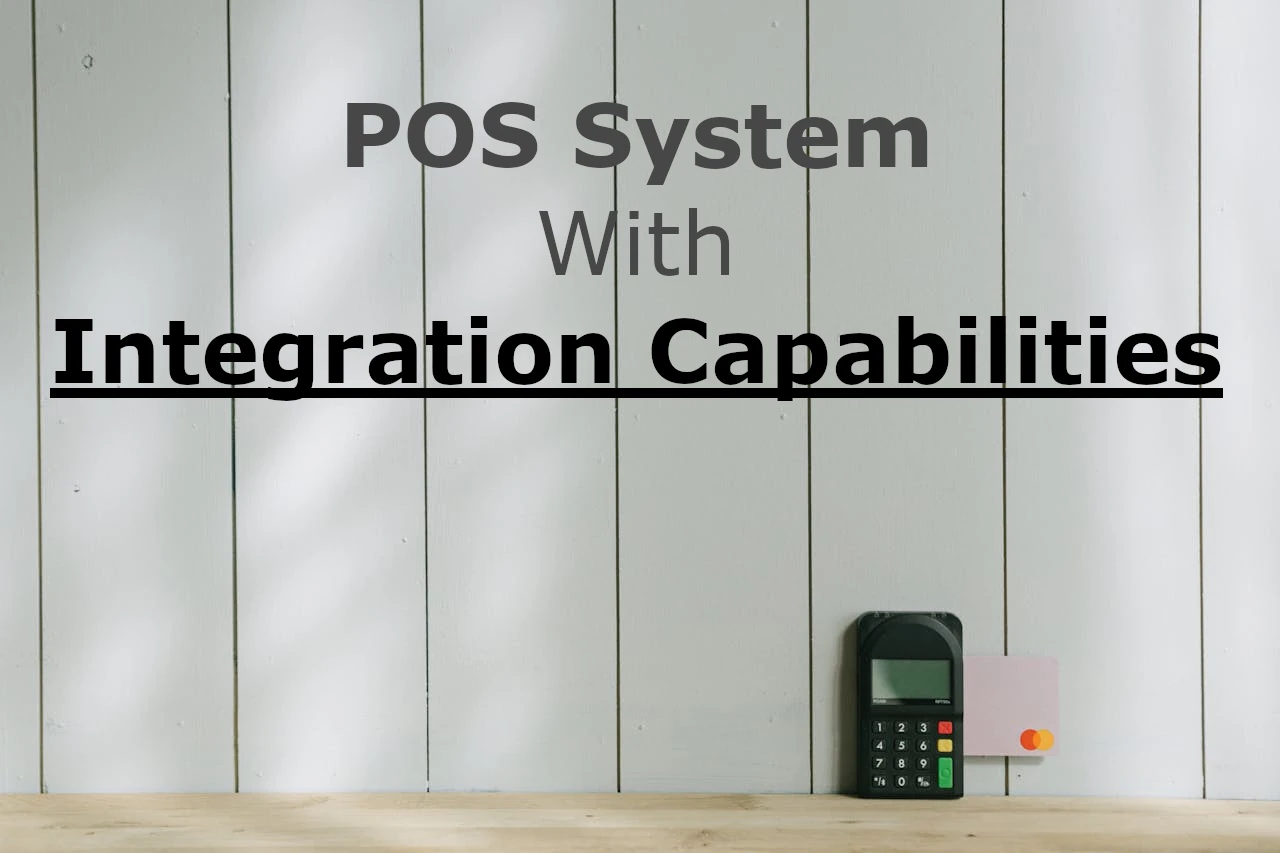When it comes to running a successful business, having efficient and streamlined processes is essential. One major aspect of any business operation is the point-of-sale (POS) system, which serves as the primary tool for completing transactions with customers. However, in today’s digital age, simply having a basic POS system is not enough. To truly stay competitive and maximize profits, businesses must integrate their POS systems with other key components such as inventory management, accounting software, and customer relationship management tools.
In this blog post, we will explore six practical tips on how to further your business through POS integrations and take your operations to the next level. Let’s get to the list.
Choose a POS System With Integration Capabilities
When selecting a POS system for your business, it is important to choose one that has the capabilities for integration. This means that the system should have the ability to seamlessly connect with other software and tools used in your business operations. By choosing a POS system with integration capabilities, you can save time and resources on manually inputting data into multiple systems.
You can work with an expert to determine which integration capabilities are necessary for your business based on its specific needs. As seen at www.eisol.net, the expert will also be able to guide you on the best practices for implementing and utilizing integrations with your chosen POS system. This will ensure that your business is not only efficient but also effective in its operations.

Research and Prioritize Your Integration Needs
Before diving into integrating your POS system with other tools, it is crucial to do thorough research and prioritize your integration needs. This involves identifying which areas of your business could benefit from integration, such as inventory management, accounting, or customer relationship management. Prioritizing these needs will help you focus on the most important integrations first and avoid overwhelming yourself with unnecessary ones.
Furthermore, research should also be done on potential integration partners and their reputations in the industry. Look for reviews, case studies, and testimonials to ensure you are choosing reliable and trustworthy integration options for your business.
Consider Cloud-Based Integrations
In today’s digital age, cloud-based integrations are becoming increasingly popular due to their flexibility and accessibility. By storing data and applications in the cloud, businesses can easily access and share information across different devices and locations. This is especially beneficial for businesses with multiple branches or remote employees.
Cloud-based integrations also offer scalability, meaning they can adapt to the growth and changing needs of your business. Furthermore, they often come with automatic updates and backups, eliminating the need for manual maintenance. Consider implementing cloud-based integrations for a more efficient and streamlined approach to managing your business operations.
Test and Evaluate Integrations
Once you have implemented integrations with your POS system, it is important to test and evaluate their effectiveness. This involves regularly reviewing data and metrics to ensure that the integrations are functioning as intended and providing the desired results. If any issues or inefficiencies are identified, it is crucial to address them promptly.
Additionally, be open to feedback from employees who are using the integrations on a daily basis. They may have insights and suggestions for improving the integration process, making it even more beneficial for your business.
Train Employees
As with any new system or tool in your business, proper training is essential for the successful implementation and utilization of POS integrations. Make sure all relevant employees are trained on how to use the integrated system effectively and understand its benefits. This will not only improve efficiency but also ensure data accuracy and consistency across all departments.
Consider providing ongoing training and support to keep employees up-to-date on any changes or updates to the integrations. This will also help them feel confident and comfortable using the integrated system, leading to better overall adoption within your business.
Keep Up with Updates and Maintenance of Integrations
Integrating your POS system with other tools and software is not a one-time task. It requires ongoing maintenance and updates to ensure its smooth functioning and effectiveness in your business operations. Stay informed about any updates or changes from integration partners, and make sure to implement them in a timely manner.
Additionally, regularly check for potential glitches or issues with your integrations and address them promptly. Keeping up with maintenance will help prevent any major disruptions to your business processes and ensure that the integrations continue to provide value to your business.
Integrating your POS system with other tools and software is a crucial step in furthering your business. By following these six practical tips, you can ensure that the integration process is smooth and effective, leading to improved efficiency, accuracy, and profitability for your business. Remember to choose a POS system with integration capabilities, research and prioritize your integration needs, consider cloud-based options, test and evaluate integrations regularly, train employees effectively, and stay on top of updates and maintenance. With proper execution and management of POS integrations, your business can thrive in today’s competitive market.


